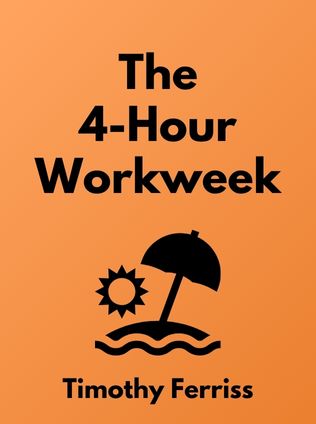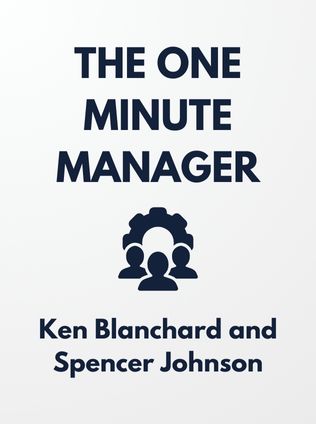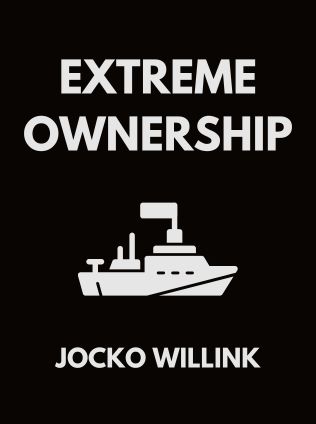
Stop Selling Vanilla Ice Cream
The Scoop on Increasing Profit by Differentiating Your Company Through Strategy and Talent
By Steve Van Remortel
Published 09/2012
About the Author
Steve Van Remortel is an entrepreneur, engaging speaker, strategist, certified behavioral analyst, and author. As founder and chief strategist at SM Advisors, he has helped clients from more than 300 industries work through more than 1,000 strategic planning sessions. His expertise lies in helping businesses grow through strategic planning and talent development. His methodology has been proven to increase sales and profitability for numerous companies.
Main Idea
Stop Selling Vanilla Ice Cream by Steve Van Remortel presents a comprehensive approach to strategic planning and talent development that enables businesses to differentiate themselves in the marketplace. The core idea revolves around identifying a company's unique competence—referred to as its "mint chocolate chip"—and leveraging it to create a clear differentiation that sets the business apart from competitors. The book combines strategic planning with talent management to achieve sustainable growth and high performance.
Table of Contents
- Introduction: The Vanilla Ice Cream Problem
- The Fundamentals of Differentiation
- Creating Tangible Value
- Implementing a Talent Management System
- Developing Department and Tactical Plans
- Ensuring Effective Plan Execution
- Case Studies and Real-World Applications
- Conclusion: Sustaining Your Competitive Edge
Introduction: The Vanilla Ice Cream Problem
In the introduction, Van Remortel sets the stage by addressing the common issue many businesses face: selling a product or service that is too generic, likened to selling vanilla ice cream. He explains that businesses often struggle with differentiation, leading to price negotiations, lost customers, and declining profitability. Van Remortel emphasizes the importance of finding and promoting a unique competence that will attract and retain customers.
"Are you selling vanilla ice cream? If you are, you are likely getting negotiated on price, losing customers to competitors, and experiencing declining sales and profitability." - Steve Van Remortel
The Fundamentals of Differentiation
This section introduces the five fundamentals of the Stop Selling Vanilla Ice Cream process:
- Differentiation: Deliver a competence that creates a differentiation so clear that your customers consistently choose you over your competition.
- Tangible Value: Your organization must consistently reinforce the tangible value, in dollars, that your competence delivers to current and prospective customers.
- Talent Management: Implement a talent management system that enables your organization to identify, select, develop, and retain the talent and skill sets necessary to execute and deliver your competence and plan.
- Department/Tactical Plans: Develop and execute action plans to work "on" the business in each department of your organization rather than simply working "in" the business with regular daily duties.
- Plan Execution: Implement a plan execution program to ensure an organizational culture of discipline and accountability.
Van Remortel emphasizes that optimizing both strategy and talent concurrently leads to individual, team, and organizational performance breakthroughs.
Creating Tangible Value
In this chapter, Van Remortel discusses the importance of creating and communicating tangible value to customers. He argues that businesses need to consistently demonstrate the financial benefits their products or services bring to their customers. This tangible value reinforces the unique competence and helps in building long-term customer loyalty.
"Your organization must consistently reinforce the tangible value, in dollars, that your competence delivers to current and prospective customers." - Steve Van Remortel
how to create tangible value include:
- Providing case studies that showcase the financial impact of your product or service.
- Offering detailed ROI calculations to prospective customers.
- Regularly updating clients on the cost savings or revenue gains they achieve through your solutions.
Implementing a Talent Management System
Van Remortel highlights the critical role of talent management in executing a successful strategy. He introduces a Talent Management System that includes behavioral assessments, workplace motivators, and a soft skills indicator. This system helps businesses align employees' skills and motivations with the company's strategic goals.
"Aligning an employee's soft skills, behavior styles, and motivation within the company leads to increased job satisfaction, reduced turnover, enormous cost savings, higher productivity, and increased profits." - Steve Van Remortel
The Talent Management System consists of three components:
- Behavioral Styles: Using the DISC behavioral profile (Dominance, Influence, Steadiness, Compliance) to understand how employees respond to problems, influence others, respond to the pace of the environment, and adhere to rules.
- Workplace Motivators: Identifying the primary drivers for employees, such as Theoretical, Utilitarian, Aesthetic, Social, Individualistic, and Traditional motivations.
- Soft Skills Indicator: Measuring employees' clarity and understanding of the world and themselves to maximize their soft skills and effectiveness.
Developing Department and Tactical Plans
This chapter delves into the process of creating detailed plans for each department within the organization. Van Remortel stresses the importance of working "on" the business rather than just "in" it. Each department should develop action plans that align with the overall strategy and contribute to the company's success.
Key steps in developing department plans include:
Sign up for FREE and get access to 1,400+ books summaries.
You May Also Like
The Lean Startup
How Today's Entrepreneurs Use Continuous Innovation to Create Radically Successful Businesses
By Eric RiesWho Moved My Cheese?
An Amazing Way to Deal with Change in Your Work and in Your Life
By Spencer Johnson, M.D.Make Your Bed
Little Things That Can Change Your Life...And Maybe the World
By William H. McRavenThe Ride of a Lifetime
Lessons Learned from 15 Years as CEO of the Walt Disney Company
By Robert Iger



















